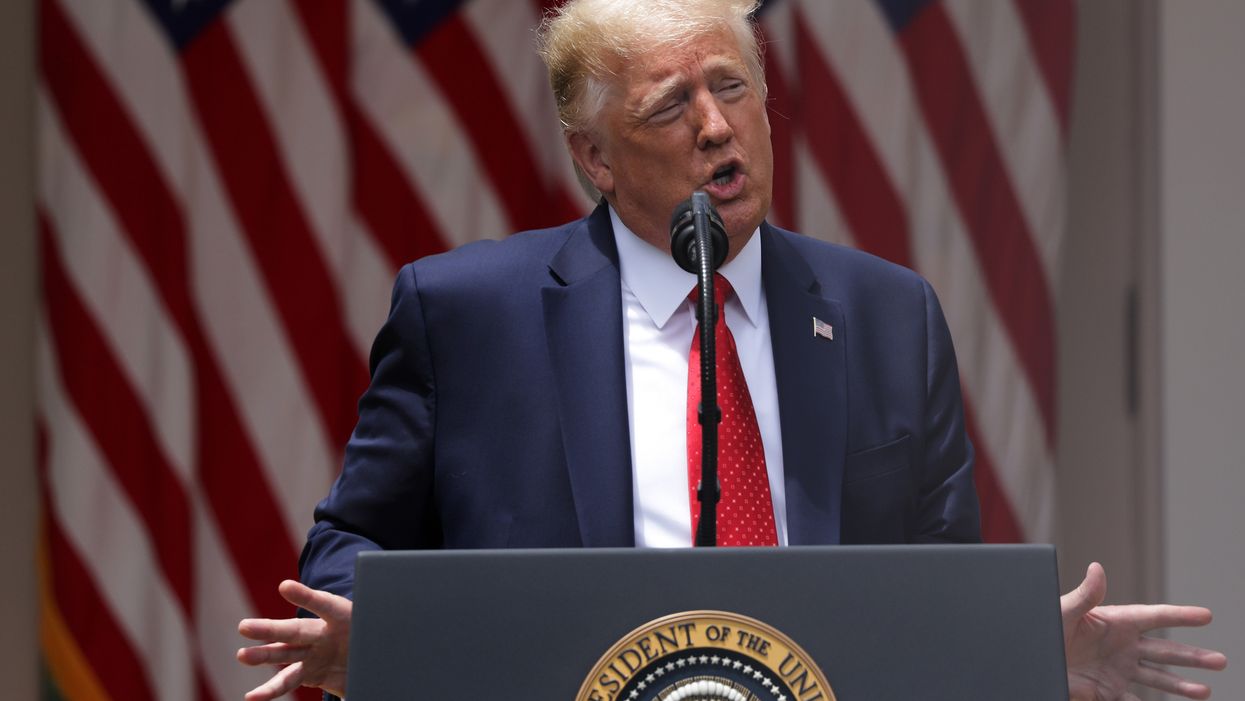Four years after Donald Trump campaigned on "draining the swamp," wealthy special interests wielding power in Washington have only become more pervasive.
Spotlight on the Swamp, a new project launched last week by the bipartisan advocacy group Issue One Action, details how lobbying activity and spending has increased during the Trump administration, the "pay to play" system has persisted and D.C.'s ethical standards have fallen. (Issue One Action is affiliated with Issue One, which is incubating — but has no editorial say in — The Fulcrum.)
With the November election 20 weeks away, and Americans grappling with the compounded crises of Covid-19 and racial injustice, efforts to make the system more equitable and representative for everyone have become even more crucial.
To determine the extent to which the power of special interests have grown during Trump's presidency, Issue One Action's project posed three questions:
- Has lobbyist influence been reduced and the revolving door slowed?
- Has donor access and the "pay to play" system been reduced?
- Is D.C. more ethical and accountable?
"The answer to all three is a resounding no," the report found.
The number of registered lobbyists and the money they've spent has increased every year since 2017. Last year, nearly 12,000 lobbyists spent $3.47 billion. More than 280 lobbyists have been hired to work in the president's administration, and Trump has named more lobbyists to Cabinet-level positions than former presidents Barack Obama and George W. Bush did in their eight-year terms.
Trump also hasn't addressed the growing presence of "dark money" in elections. Since the Supreme Court's 2010 Citizens United decision, undisclosed donors have spent more than $1 billion. Additionally, more than 3,100 conflicts of interest within the president's administration have been flagged over the last three years.
"The facts are abundantly clear. More than ever, Washington, D.C., is a place where wealthy special interests buy access and influence and have an outsized say in government policymaking," said Issue One Action Executive Director Meredith McGehee.
While these problems didn't start with Trump, they have escalated during his presidency, according to Issue One Action, which outlines two dozen solutions the Trump administration or Congress could take to reduce the influence of special interests and strengthen federal accountability standards. For instance, Congress could pass legislation to extend a mandated "cooling off" period between government officials leaving office and starting lobbying jobs. Other suggestions include releasing the White House visitor logs and nominating more qualified candidates to the Federal Election Commission.




















Trump & Hegseth gave Mark Kelly a huge 2028 gift